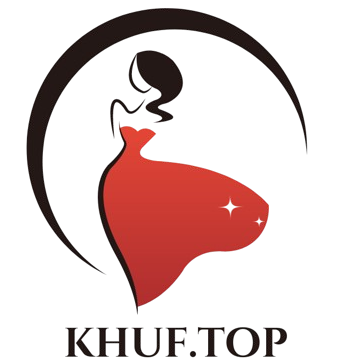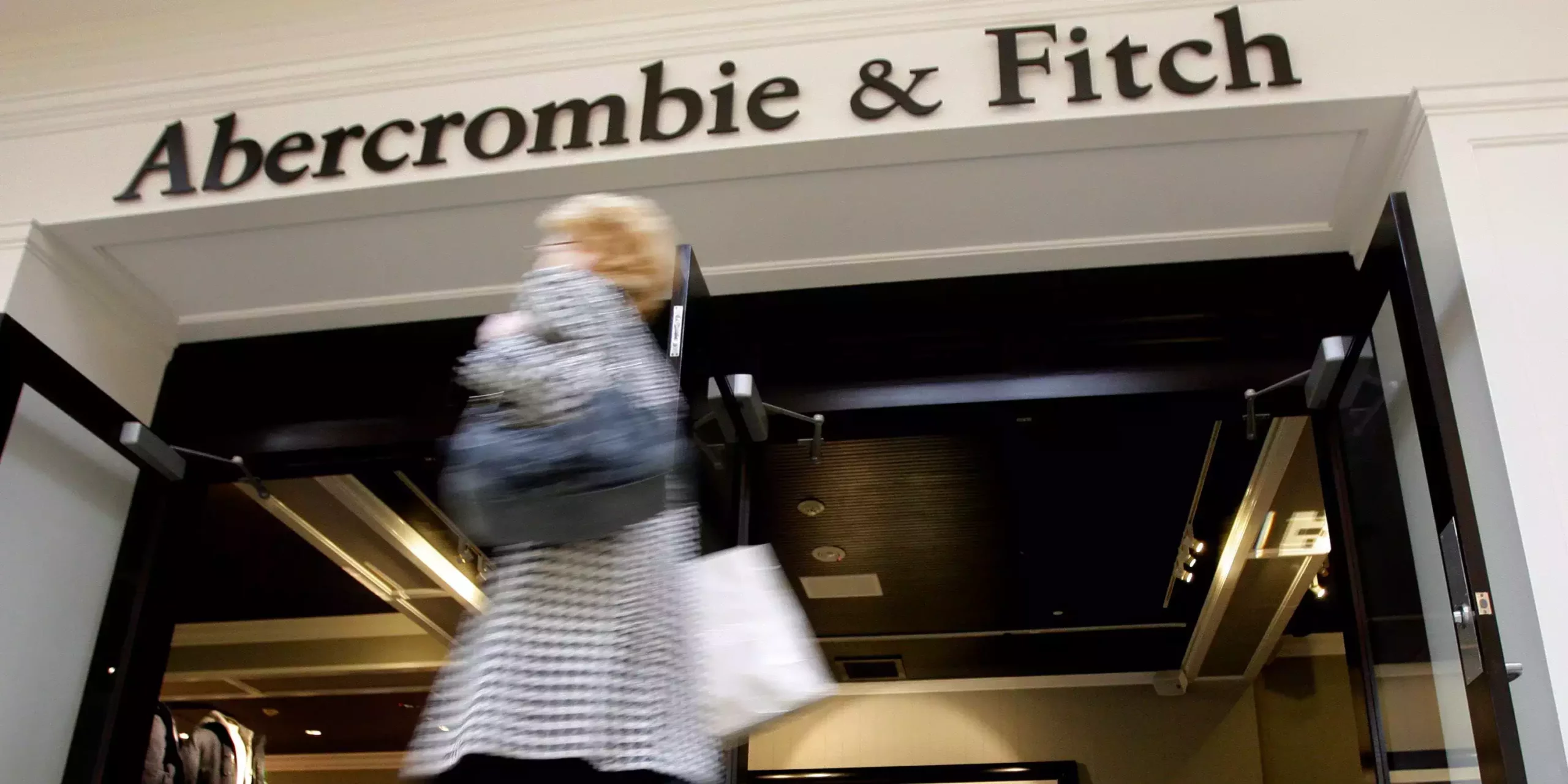Editor’s Note: The following is a part of curricular activity that was first started in the fall of 2021 by teacher Adam Kuban of Ball State University. In order to find sustainable initiatives in the Muncie region, Kuban has continued the job, including this drop trimester. Deanna Watson, director of The Star Press, Journal & Courier, and Pal- Item, received the kids ‘ pitches.
MUNCIE, Indiana – The idea of “greenwashing” entails unsubstantiated claims made by companies to mislead consumers about the environmental friendliness of their goods. For instance, apparel manufacturers frequently use terms like “eco-friendly,” “natural,” or “organic” to do this.
Not all businesses are truthful about the sources of their colors, materials, and prints, despite the fact that some are. The big puzzle of lasting shopping includes elements like honest manufacturing, natural dye use, and responsible sourcing. If this puzzle is not properly solved, it may have an effect on your health and the economy as a whole.

Quick fashion brands like H&M and Zara have been accused of misleading and have received criticism for it.
H&M unveiled a column in 2019 called” Conscious” to promote its sustainability, but it was criticized for its lack of supporting data. On the other hand, there are companies that claim to be “eco-friendly,” but they actually put in the effort, like Avenue Clothing Company in Indianapolis.
Jeni and Mick McDaniel just opened Avenue Clothing Company in Indianapolis. Both had a passion for this venture, and Mick has spent the last 19 decades working in the fields of renewable energy and solar energy. If life is certainly follow art, then fashion, according to their mission statement. But if it’s going to help create a healthier world, it may reach more than just standing as art. They actively seek out American-made clothing and carry items from reputable and renownedly responsible companies like 4Oceans and Rescued Wine Candles.

4Oceans uses 95 % post-consumer recycled glass beads as well as a cheap cable and recovered stainless steel beauties, while Rescued Wine makes lamps out of repurposed beer and wine bottles.
They are reliable because of their company transparency. Additionally, there are specific qualifications you can obtain from businesses like Cradle, CRADLE, or JUST to confirm whether the clothing you’re purchasing is likewise responsible.
Only about 4 % of the clothing that consumers purchase is made in America, according to Mick McDaniel. The majority of the clothing in your bedroom most likely has “made in” identifiers from developing nations like Bangladesh, China, and Cambodia.
American-made clothing is preferable because” when you buy garments made in America, there’s a shorter ring in the round business,” according to Robert Koester, director of the Center for Energy Research, Education, and Service and teacher of infrastructure at Ball State University.
According to an International study led by Stephen Arrowsmith on aircraft contrails, Koester’s” shorter loop” reference eliminates non-sustainable modes of transportation that launch CO2 and mist trails that cause global warming. This was supported by a UN study that found that” Shipping and aviation account for 5 % of global carbon emissions.”
Local purchasing helps keep more CO2 out of the atmosphere and into our waterways.
Michelle P. Salyers, an Stalwart professor of clinical psychology, runs Color Me Happy Fiber Arts Studio, a natural pigment business in Fishing, Indiana.

With items they grow in their own gardens, including blossoms, blue, and oak, she and her company companion Linda Williams normally dye their thread and fabric.

For healthy foods and products to dye with, they likewise contact Red Hill. They also use eco-printing, which involves adding texture to a fabric by using leaves and vegetation, to create all kinds of patterns on fabrics instead of just dyeing them basic colors.
A second machine you use 200 tons of new waters per ton of dyed fabric, according to a study from Indiana University in Bloomington. Fibrils are also released into waters during the manufacturing and washing techniques of synthetic fabrics like nylon.
It only takes a few days for the material to be dyed in this manner, making healthy colouring an excellent way to assess the sustainability of any company. Being open and honest with customers is the best way to prevent misleading. Due to the use of raw materials, purchasing sustainable clothing can be more expensive. However, brands like Avenue Clothing Company show that helping the environment does n’t require breaking the bank; their products can fetch as little as$ 22. Think about how you can close the economic “loop” by reducing, reusing, and recycling your items rather than ignoring keywords and colors.

